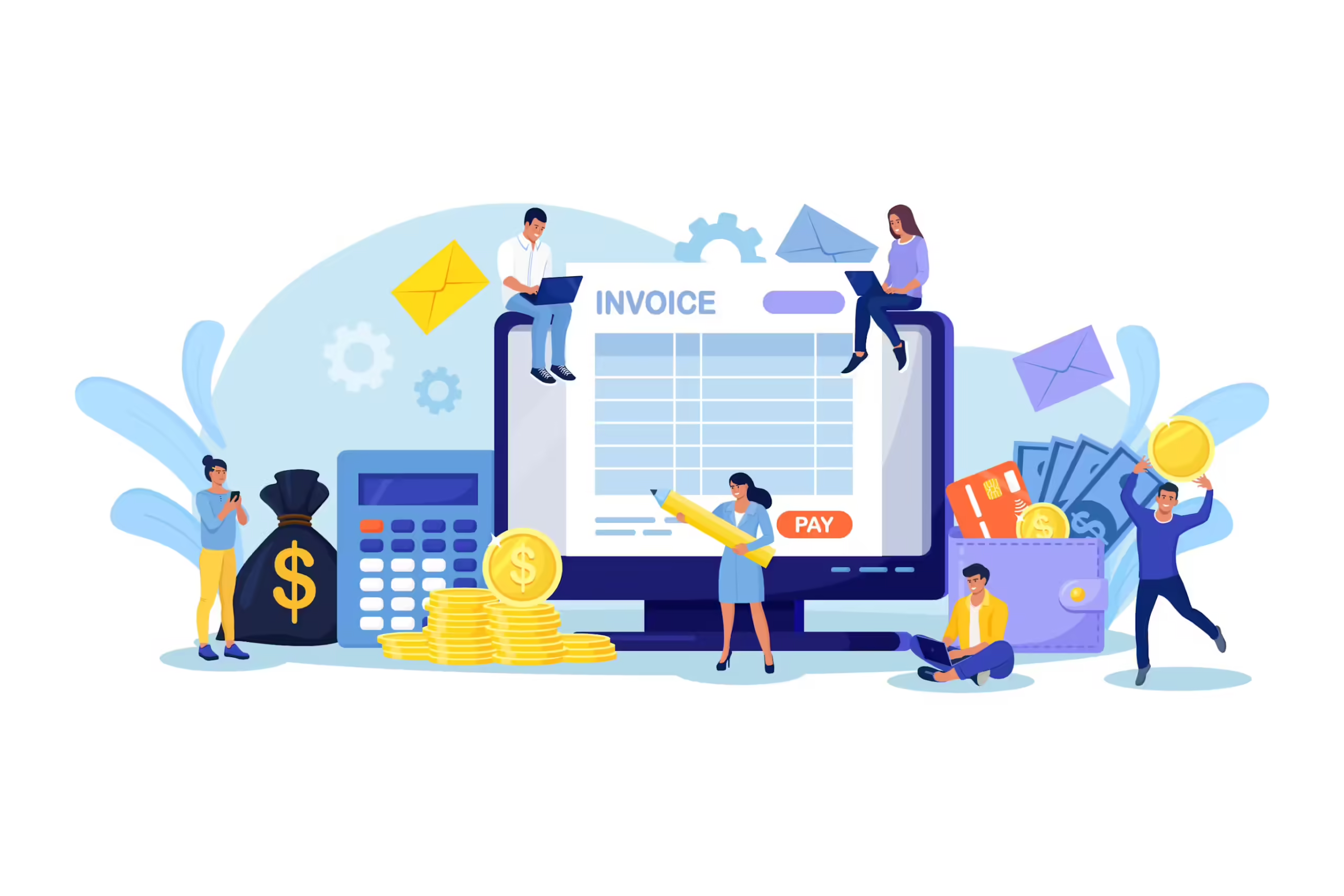In today’s digital age, technology has revolutionized the way we conduct business, particularly in the realm of payments. Gone are the days of carrying around cash or writing a check for purchases. Instead, online payment platforms have emerged as a powerful tool, streamlining transactions and transforming the way businesses and individuals manage their finances. With just a few clicks or taps on a screen, online payment platforms have become an essential part of our daily lives, offering convenience, security, and efficiency like never before.
The Convenience Factor
One of the standout features of online payment platforms is their unmatched convenience. No longer do we have to worry about carrying bulky wallets or purses filled with cash and various cards – all of our financial information is stored securely in one place. Whether making a purchase online, sending money to a friend, or paying bills, a few quick clicks are all it takes to complete the transaction. This level of convenience has saved us valuable time and effort, making our lives easier and more streamlined.
Enhanced Security Measures
Security is always a top concern when it comes to financial transactions. Online payment platforms have addressed this concern with robust security measures that protect both businesses and consumers. Advanced encryption technologies, multi-factor authentication, and fraud monitoring systems ensure that our financial data remains safe and secure. With the added layer of security offered by these platforms, the risk of identity theft or fraud is significantly reduced, providing peace of mind to users around the world.
Efficiency and Speed
In the fast-paced digital landscape, speed is of the essence. The aforementioned have made transactions quicker and smoother than ever before. Whether it’s a business owner receiving payments from customers or an individual transferring money to a family member, the funds can be processed and transferred within seconds. This kind of efficiency is especially beneficial for businesses, as it eliminates the need for manual processing, reduces human error, and accelerates cash flow. In addition, the real-time tracking and reporting features offered by online payment platforms allow users to easily monitor their financial transactions, providing a level of transparency that was previously unimaginable.
Global Accessibility
With the rise of e-commerce and the expansion of business on a global scale, online payment platforms have brought about a new level of accessibility. Traditional methods of payment often posed barriers, such as exchange rate complications or limited acceptance by international merchants. However, they have overcome these challenges, allowing businesses and individuals to transact seamlessly across borders. This global accessibility has opened up vast opportunities for businesses to reach new markets and for consumers to access products and services from all around the world.
Supporting Small and Medium-sized Enterprises
Online payment platforms have played a significant role in leveling the playing field for small and medium-sized enterprises (SMEs). These businesses often faced challenges in accepting payments from customers due to the high costs associated with traditional payment methods. However, they offer cost-effective solutions that are tailored to the needs and budgets of SMEs. With easy integration into websites, mobile apps, and online marketplaces, these platforms enable smaller businesses to expand their customer base and compete on a larger scale.
The Future of Online Payments
As technology continues to advance, we can expect online payment platforms to evolve and innovate further. The integration of artificial intelligence, blockchain, and other emerging technologies will likely enhance the security, efficiency, and convenience of these platforms. Additionally, the increasing adoption of mobile devices and the growth of the Internet of Things (IoT) will further accelerate the shift towards online payments. With more businesses and individuals embracing these platforms, the digital landscape will continue to be transformed, paving the way for a cashless society.
Conclusion
Online payment platforms have become an integral part of our lives, revolutionizing the way we transact and manage our finances. The convenience, security, efficiency, and global accessibility offered by these platforms have reshaped the digital landscape, benefiting both businesses and individuals. With continued advancements in technology, online payment platforms will only improve, providing further opportunities for growth, innovation, and financial empowerment. As we embrace the power of online payment platforms, we unlock a new era of financial possibilities in the digital age.




